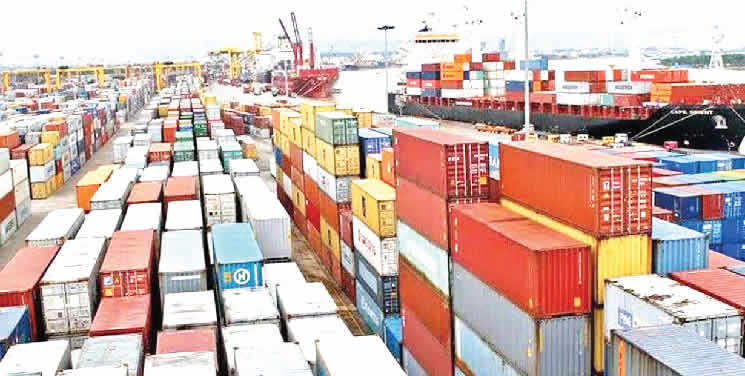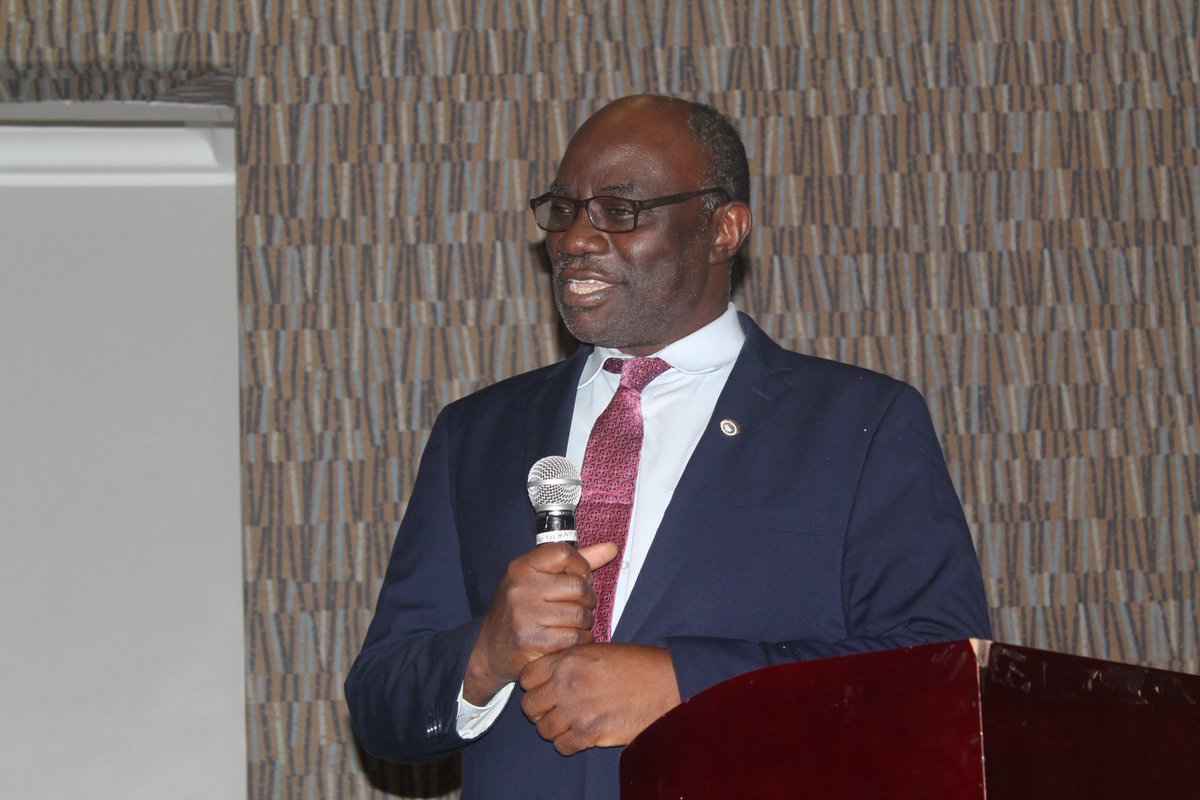The United States has slashed its imports of Nigerian goods by more than 40 per cent in a single month, raising fresh concerns over Nigeria’s fragile trade position with one of its most strategic partners.
Official data from the US Census Bureau and Bureau of Economic Analysis show that imports of Nigerian products plunged from $639 million in June 2025 to $379 million in July, representing a staggering 41 per cent drop.
The downturn was mirrored by a steep fall in US exports to Nigeria, which fell from $919 million in June to 584 million in July. Despite this decline, Washington still posted a $206 million surplus in July compared with $280 million in June. Between January and July 2025, America exported goods worth $3.92 billion to Nigeria while importing $3.14 billion, leaving it with a year-to-date surplus of $781 million.
Nigeria’s sharp contraction in exports highlights a weakening of its once-comfortable surplus with the US and its shrinking access to the American market.
Across Africa, the picture was mixed. US imports from the continent rose to $4.47 billion in July, up from $3.67 billion in June, while exports slipped slightly from $3.37 billion to $3.30 billion. That imbalance left Washington with a trade deficit of $1.17 billion, compared with a smaller $302 million deficit the month before.
Country-level data shows diverging outcomes. US trade with Egypt remained positive, with $847 million in exports against $290 million in imports, creating a surplus of $557 million. South Africa, however, deepened America’s deficit as imports from the country hit $1.99 billion while exports were only $565 million, producing a $1.42 billion shortfall. Cumulatively, Washington’s deficit with South Africa now stands at $7.74 billion. Algeria and other smaller African economies have also widened the gap as imports consistently outpace exports.
For Nigeria, the setback comes against the backdrop of new trade measures in Washington. In late July, President Donald Trump signed an executive order raising tariffs on Nigerian exports from 14 per cent in April to 15 per cent, under his “reciprocal” tariff regime targeting countries that run surpluses against the US. While crude oil, the backbone of Nigeria’s exports, has been exempted in some cases, uncertainty around implementation has discouraged American importers, especially for non-oil goods now directly affected by higher duties.
For Washington, the move fits into a wider recalibration of trade policy aimed at protecting domestic industries and cutting global imbalances. For Nigeria, however, it represents shrinking access to a critical market and pressure on a historically advantageous trade position.
Nigeria’s Minister of Industry, Trade and Investment, Jumoke Oduwole, downplayed talk of retaliation, stressing that the government would remain focused on reforms and diversification. “Nigeria remains responsive; we’re not reacting. We’re focused on the eight-point agenda of President Bola Tinubu. We will continue to support domestic investors and expand market access for Nigerian businesses,” she said.
The minister noted that while the United States remains important, Nigeria is strengthening its African Continental Free Trade Area (AfCFTA) strategy and boosting non-oil exports, which grew by 24 per cent year-on-year in the first quarter of 2025. She pointed to rising trade with Brazil, China, Japan, and the UAE as evidence of diversification efforts.
Development economist Aliyu Ilias urged Nigeria to see the moment as an opportunity to adapt. “Trump’s tariff is not only for Nigeria. The advantage is that we are now exporting more overall, which is positive. Other countries such as India and China are also affected, so Nigeria has an opening to forge new partnerships,” he said.
Muda Yusuf, CEO of the Centre for the Promotion of Private Enterprise, played down the broader impact. He argued that Nigeria’s trade with the US is not large enough to create a fundamental shock. “Our trade exposure to them is very limited. Nigerian exports to the US are dominated by crude oil and a handful of commodities such as fertilisers. The bigger challenge is US visa policy, which restricts business travel and investment inflows. That is more critical than tariffs in the long run,” he said.
Analysts agree that Nigeria’s reliance on crude oil makes its trade profile vulnerable, and the new tariffs add pressure. Yet, they also see this as a catalyst for faster integration under AfCFTA, greater emphasis on non-oil exports, and deeper partnerships with Asia, the Middle East, and Latin America.
July’s figures serve as both a warning and a signal of opportunity. The warning is clear: Nigeria remains heavily exposed to external shocks when major partners shift policy. The opportunity lies in redefining its trade relationships, diversifying exports, and building resilience that reduces reliance on a single market.
For now, Nigeria’s immediate challenge is to stabilise its trade balance under tighter US policies, even as it looks beyond Washington to build a more secure footing in global commerce.










